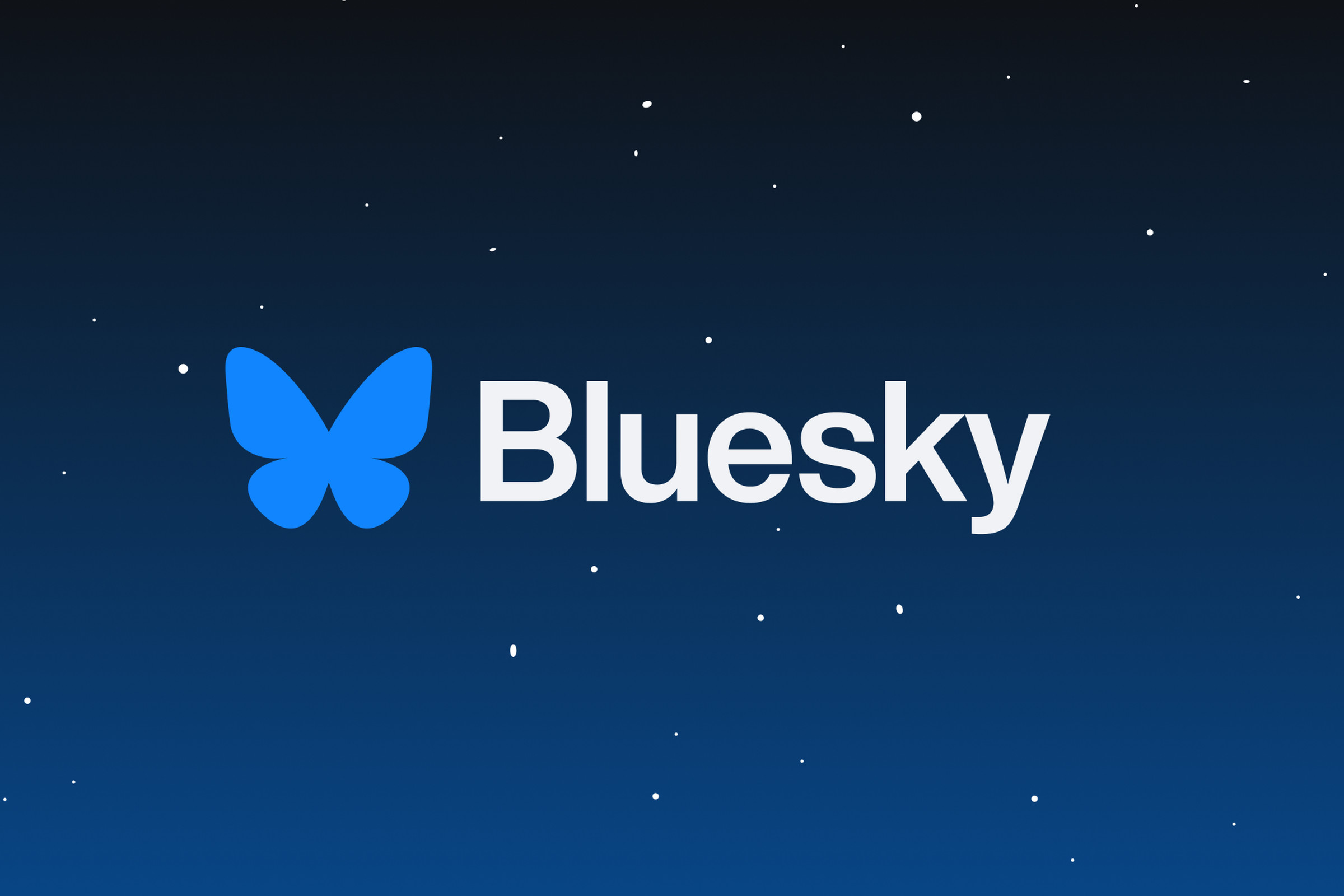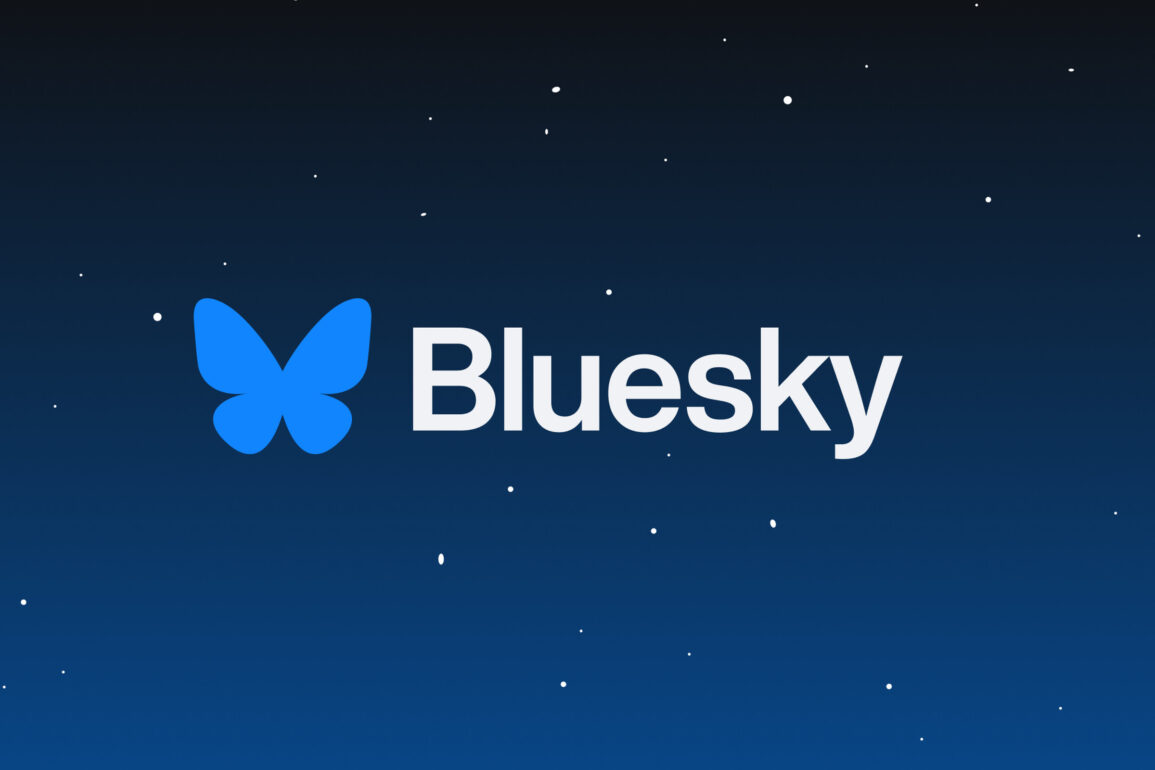A year after debuting in private beta, the decentralized Twitter competitor is dropping its invite system and preparing to release its underlying protocol.

There was a moment last year when Bluesky — the weird, irreverent Twitter competitor with a decentralized twist — had captured lighting in a bottle.
The app quickly amassed over two million users while in closed beta and became a hot topic of conversation in newsrooms like The Verge’s. Now, the conversation about what comes after the platform-now-called-X has largely shifted to ActivityPub, the decentralized protocol powering Mastodon, a budding ecosystem of other services, and eventually, Meta’s Threads.
Even with ActivityPub taking off, Bluesky is ready to have its moment in the spotlight again. Starting this week, the app is removing its invite system and throwing open its doors to anyone who wants to sign up. And later this month, it plans to begin letting outside developers host their own servers on its underlying AT Protocol that’s designed to rival ActivityPub. The idea is that Bluesky users will be able to opt into experiences that aren’t run by the company and bring their profiles with them to rival apps on the network.
In an interview with The Verge, CEO Jay Graber says that the team needed to build out more of its moderation features and get its infrastructure in a stable state before finally moving out of closed beta. She says the app has seen over 3 million sign-ups since it launched a year ago and that there have been “a lot more downloads.” The hope is that some of those people will convert into active users now that they don’t need an invite to join, and that Bluesky can play a role as a conversation platform for a more general audience.
Bluesky is set up as a public benefit operation and has just under 40 full-time employees, about half of whom work on moderation and user support. Graber says the Bluesky app has 1.6 million monthly users and 25,000 custom feeds — a unique feature of the AT Protocol powering it — for people to choose from. These feeds, which anyone can make, illustrate the quirkiness that is inherent to Bluesky; Graber cites one she follows that just shows pictures of moss. Why not!
When Bluesky flips on the AT Protocol in the coming weeks for third-party developers, anyone will be able to theoretically create a server with their own rules. Graber calls this an “experimental rollout” and says it will be a gradual transition. “I think we’re going to start off with a sort of slow roll, rate limit things, make sure that the network doesn’t change overall overnight.”

While the AT Protocol is being opened up soon, the Bluesky company plans to make money via a variety of ways, including charging users for additional features in its app. It also plans to take a cut of purchases for things like custom feeds that developers will be able to charge for. Graber says work is also being done on a Cloudflare-like enterprise arm for helping others easily manage their own servers on the AT Protocol.
Bluesky controls the AT Protocol right now, and Graber is keenly aware that isn’t tenable if it’s going to be something lots of other companies build on over time. She says the plan is to eventually hand over control to a web standards body like the Internet Engineering Task Force. And as to whether her team plans to interoperate somehow with ActivityPub, she says it’s not on the roadmap but the company isn’t opposed to the idea.
“I think it’s a time of experimentation,” she says. Companies like Meta “are making moves that were unthinkable a few years ago” by embracing decentralization, and even though ActivityPub has captured the zeitgeist now, Bluesky thinks there’s still room for another take on what is increasingly looking like the next phase of social networking.
This post was originally published on this site be sure to check out more of their content








